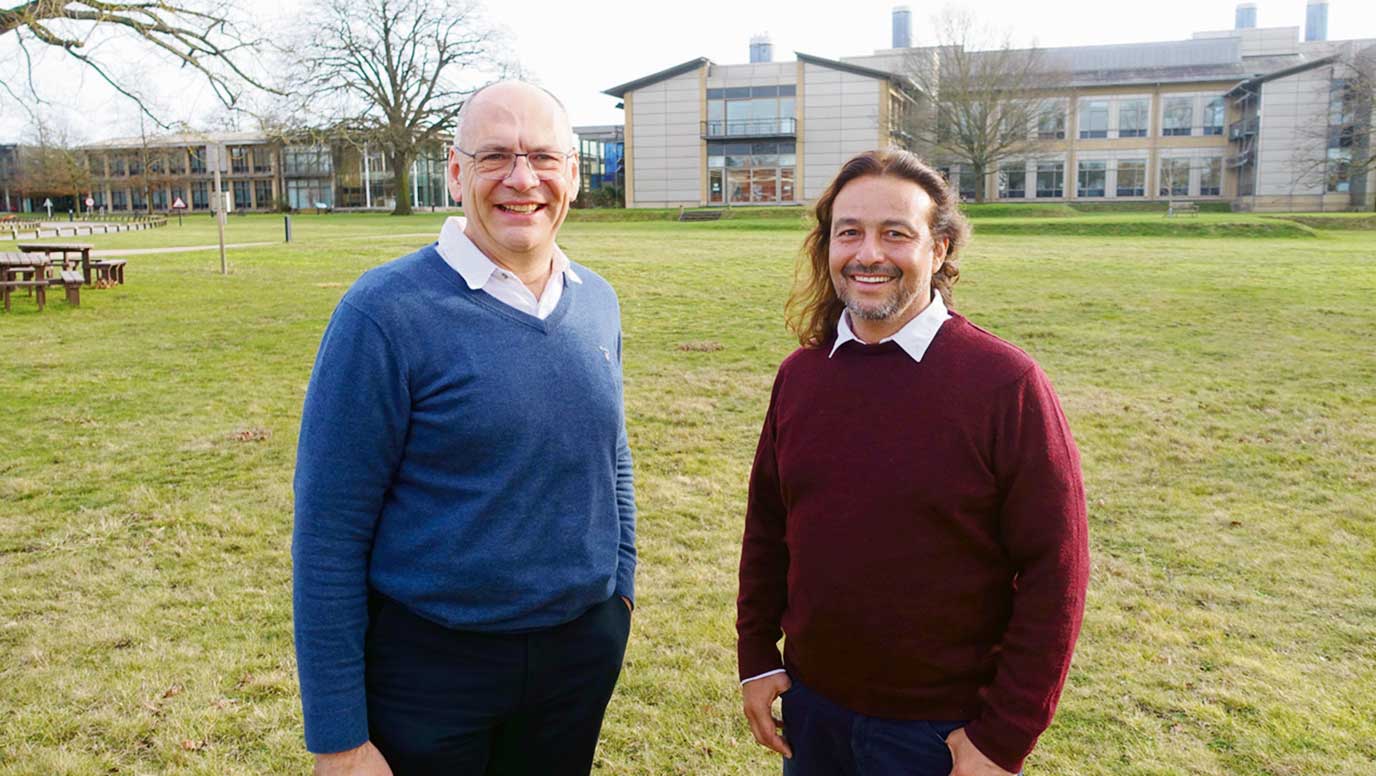Fresh funding to underpin broader North-South disease surveillance

A new project will leverage genomic surveillance to monitor respiratory viruses such as influenza, metapneumovirus, respiratory syncytial virus and SARS-CoV-2 in real-time to boost pandemic preparedness in both the UK and South Africa.
The partnership will focus on genomic monitoring of respiratory viruses, which are key culprits behind seasonal infections and potential pandemics.
By harnessing advanced genomic techniques, researchers in both South Africa and the UK will track emerging variants, identify drug- and vaccine-resistant strains, and provide actionable insights to public health authorities for the development of medical countermeasures.
The initiative underscores the vital role of data sharing and international collaboration to create a unified, robust surveillance system for faster, more coordinated responses to emerging global health threats.
By gathering genomic data on respiratory viruses over two winters in the same year, the project will advance seasonal disease preparedness and provides a unique window on the global spread of disease.
By fostering collaboration between experts in the UK and South Africa, the initiative aims to establish an interconnected system that enables real-time detection, analysis, and action against emerging health threats. As well as research milestones, the project sets a precedent for fostering equitable global partnerships in health innovation.
John Sillitoe, Director of the Genomic Surveillance Unit at the Wellcome Sanger Institute said: “Our joint efforts with CERI will enable the development of a robust, integrated surveillance system that will inform public health responses across continents.
“By combining expertise and infrastructure, we can accelerate the fight against infectious diseases and build capacity to improve global health.”
Professor Tulio de Oliveira, Director of CERI and the lead of the team that discovered the SARS-CoV-2 Beta and Omicron variants, added: “This partnership is about building bridges between the northern and southern hemispheres to ensure that both regions are better prepared for future health challenges.
“In the age of nationalism and global division, our collaboration with the Wellcome Sanger Institute’s GSU and the UK FCDO will not only improve global genomic surveillance capabilities but also create a framework for knowledge exchange, biosecurity and capacity building.”
Stellenbosch University’s Centre for Epidemic Response and Innovation (CERI) is based in the Western Cape, some 50 kilometres from Cape Town.
Their ambitious international plans have already allowed scientists to monitor more pathogens in more places, including viruses carried by mosquitoes, water-borne diseases, respiratory viruses and other diseases with pandemic potential.
Genomic surveillance continuously monitors the genetic changes and evolution of pathogens — viruses, bacteria, parasites — and their animal vectors, such as mosquitoes.
This provides an early warning system for drug or vaccine resistance, indicates geographical spread and alerts researchers and public health officials to the emergence of new diseases. The data are then used to inform public health responses at national and international levels.
While the technologies to track disease at a genomic level have been under development for decades, the power of genomic surveillance for public health decision-making was clearly recognised during the COVID-19 pandemic.

